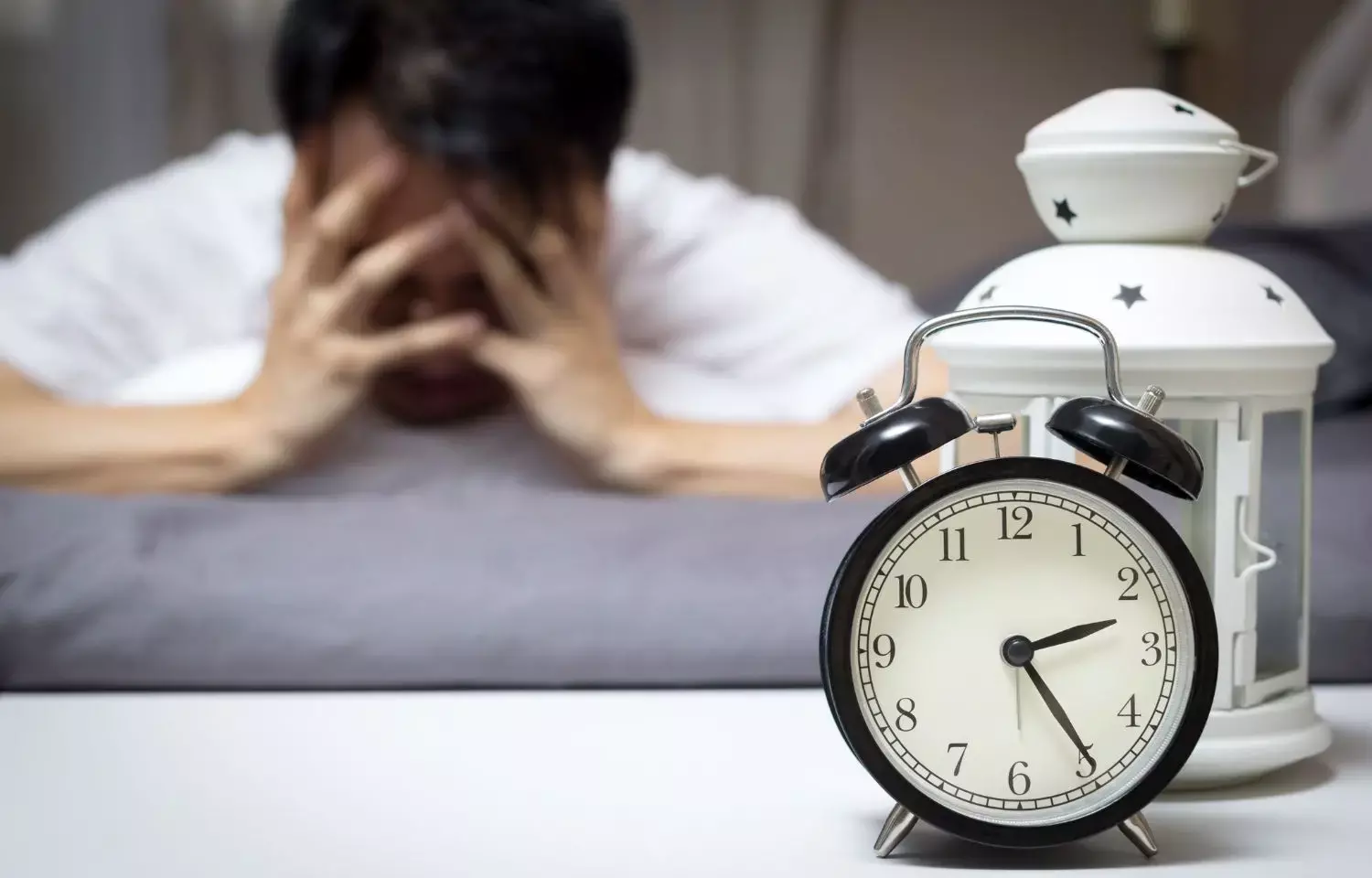- Home
- Medical news & Guidelines
- Anesthesiology
- Cardiology and CTVS
- Critical Care
- Dentistry
- Dermatology
- Diabetes and Endocrinology
- ENT
- Gastroenterology
- Medicine
- Nephrology
- Neurology
- Obstretics-Gynaecology
- Oncology
- Ophthalmology
- Orthopaedics
- Pediatrics-Neonatology
- Psychiatry
- Pulmonology
- Radiology
- Surgery
- Urology
- Laboratory Medicine
- Diet
- Nursing
- Paramedical
- Physiotherapy
- Health news
- Fact Check
- Bone Health Fact Check
- Brain Health Fact Check
- Cancer Related Fact Check
- Child Care Fact Check
- Dental and oral health fact check
- Diabetes and metabolic health fact check
- Diet and Nutrition Fact Check
- Eye and ENT Care Fact Check
- Fitness fact check
- Gut health fact check
- Heart health fact check
- Kidney health fact check
- Medical education fact check
- Men's health fact check
- Respiratory fact check
- Skin and hair care fact check
- Vaccine and Immunization fact check
- Women's health fact check
- AYUSH
- State News
- Andaman and Nicobar Islands
- Andhra Pradesh
- Arunachal Pradesh
- Assam
- Bihar
- Chandigarh
- Chattisgarh
- Dadra and Nagar Haveli
- Daman and Diu
- Delhi
- Goa
- Gujarat
- Haryana
- Himachal Pradesh
- Jammu & Kashmir
- Jharkhand
- Karnataka
- Kerala
- Ladakh
- Lakshadweep
- Madhya Pradesh
- Maharashtra
- Manipur
- Meghalaya
- Mizoram
- Nagaland
- Odisha
- Puducherry
- Punjab
- Rajasthan
- Sikkim
- Tamil Nadu
- Telangana
- Tripura
- Uttar Pradesh
- Uttrakhand
- West Bengal
- Medical Education
- Industry
Hypersomnia and Insomnia Recognized symptom of Long COVID Syndrome

BRAZIL: Patients with long-term COVID syndrome frequently experience sleep difficulties, particularly insomnia. According to a study published in BMC Neurology, chronic insomnia and central hypersomnia may widen the range of post-COVID sleep disorders.
The long-onset COVID syndrome can impact up to 32% of COVID-19-infected people. Patients with the syndrome either acquire sequelae or have symptoms that last longer than 4 weeks after the illness.
Long COVID has been linked to a number of symptoms, including fatigue, dyspnea, chest pain, cognitive impairment, sleeplessness, and psychiatric issues. This study focused on the sleep-related symptoms that these patients experience.
Researchers led by Alissa Elen Formiga Moura of the Hospital Universitário Walter Cantdio, Neurology Service, Universidade Federal do Ceará, Fortaleza, Brazil, sought to characterize and assess the prevalence of sleep complaints through clinical evaluation with a neurologist.
Initially, 207 individuals with post-COVID symptoms were included in the prospective cohort trial; 189 of them finished it. A more thorough study was conducted on the subgroup that reported excessive tiredness in addition to a neurological assessment to determine the presence of sleep disorders. The evaluations were done between August 2020 and September 2021 in a neurology outpatient clinic at Hospital Universitário Walter Cantdio - Universidade Federal do Ceará in the state of Ceará, northeastern Brazil. The sample size to detect statistically significant changes was computed taking into account the 10% estimated prevalence of insomnia in the general population. This produced a total of N = 139 patients, according to the team, and a dropout rate of 25% was then mandated to create the final sample, yielding a minimum sample size of 186 patients.
Major highlights:
- 48 patients (25.3%) exhibited symptoms associated with sleep.
- 42 patients (22.2%) reported experiencing insomnia, while 6 patients (3.17%) reported experiencing excessive sleepiness (ES).
- Actigraphic data, multiple sleep latencies, and polysomnography were used to assess four patients with ES.
- One patient had narcolepsy, while two patients were diagnosed with central hypersomnia.
- Sleep issues (insomnia and excessive sleepiness) were linked to a history of steroid use, whereas excessive sleepiness was linked to depression.
- Cognitive problems were seen in these patients at a significant rate.
According to some clinical evidence, sleep-related complaints like insomnia and excessive daytime sleepiness appear to be a component of the clinical post-acute syndrome (long COVID syndrome), concluded the authors.
REFERENCE
Moura, A.E.F., Oliveira, D.N., Torres, D.M. et al. Central hypersomnia and chronic insomnia: expanding the spectrum of sleep disorders in long COVID syndrome - a prospective cohort study. BMC Neurol 22, 417 (2022). https://doi.org/10.1186/s12883-022-02940-7
Dr Kamal Kant Kohli-MBBS, DTCD- a chest specialist with more than 30 years of practice and a flair for writing clinical articles, Dr Kamal Kant Kohli joined Medical Dialogues as a Chief Editor of Medical News. Besides writing articles, as an editor, he proofreads and verifies all the medical content published on Medical Dialogues including those coming from journals, studies,medical conferences,guidelines etc. Email: drkohli@medicaldialogues.in. Contact no. 011-43720751


